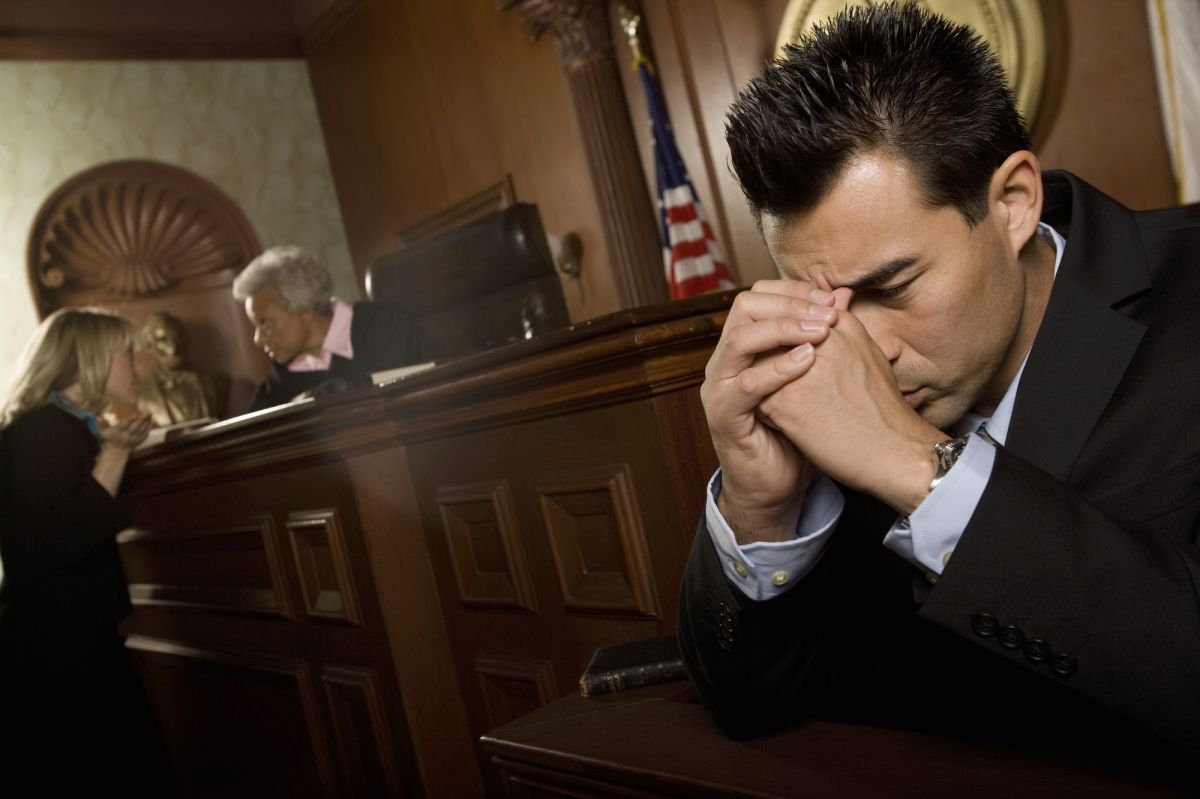
HOW LONG WILL I GET? HOW TO KNOW AND WHAT TO KNOW.
After you have been found guilty of a crime (either by plea or after a trial) the next step is the sentencing hearing. It does not matter how serious or minor the crime is, the defendant’s sentence will be determined by the judge based on certain factors. The judge is free to sentence the defendant anywhere between the minimum and maximum sentences available by law. The judge is not bound by any plea agreements that are made between the prosecutor and the defendant.
At the sentencing hearing the judge will listen to the arguments of:
-The state
-The defense attorney
-The defendant
A judge will then state on the record his or her reasons for the sentence, considering three factors
“THE THREE C’s:”
-The crime that was committed
-The character of the defendant
-The protection of the community
Often times you will hear these factors called “retribution, rehabilitation, and deterrence.”

“C” 1: Crime (retribution)
The first “C” the judge will consider is the crime itself. The judge will look at any and all mitigating and aggravating factors in the case to help make their decision. Aggravating and mitigating factors can include things such as:
-Repeat offenses / lack of criminal record
-Circumstances at the time of the offense
-Cooperation
The judge will also determine how serious or minor the offense is. He or she can also consider things like itself and determine how serious it is. The judge can look into many other factors such as the circumstances at the time of the offense, such as provocation, stress, or emotional problems that might not excuse the crime but might offer an explanation.

“C” 2: Character (rehabilitation)
The second "C" the judge will consider is the character of the defendant. This is primary role for the defense attorney during sentencing. The defense attorney becomes must market or sell the defendant painting a complete picture of the defendant for the judge. Some examples of things that should be highlighted to the judge in a sentencing argument are:
-Employment
-Family and support in the community
-Education
-Lack of prior record
-Positive character traits in general
It is important for the judge to know this crime does not define the defendant. The goal is to make the judge see the person, not just another number in the system. A good defense attorney will be able to paint a positive picture in a way the judge will be able to understand.
After the defense attorney has made an argument, the defendant has the opportunity to make a statement on his or her own behalf.
 “C” 3: Community (deterrence)
“C” 3: Community (deterrence)
The final “C” the judge will consider is the need to protect the community. Deterrence has two parts: general and specific deterrence.
General deterrence is the message this particular sentence gives to others who may commit the same crime. What does that mean? To put it another way, if the judge only sentences someone convicted or robbery to a fine and no jail time, this sends the message to the community that someone can commit a robbery and only receive a fine. Therefore, others will not be deterred from committing that crime in the future.
Specific deterrence relates to preventing the defendant from re-offending in the future. When determining a sentence, a judge must send a message to both the defendant and to others in the community - that the crime will not be tolerated.
When examining the need to protect the community, the judge will also consider any steps the defendant has taken to ensure this never happens again.
After closely considering all of these factors, the judge will give a sentence he or she finds
appropriate. This can involve incarnation, probation, a fine or any combination of these.
Once you reach the sentencing phase, it is a critical, if not the most critical, part of a defendant’s case. That is why you must choose an experienced attorney who can properly fight for you. Contact us today to set up a free consultation. Please contact us by text or phone at (414) 774-6000 or email at laura@jlfwisconsin.com anytime.
*Any articles in the Libra or posted by Jones Law Firm LLC are not legal advice for a particular client or situation. Further no attorney-client relationship is intended or created with this post.*

